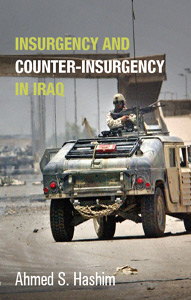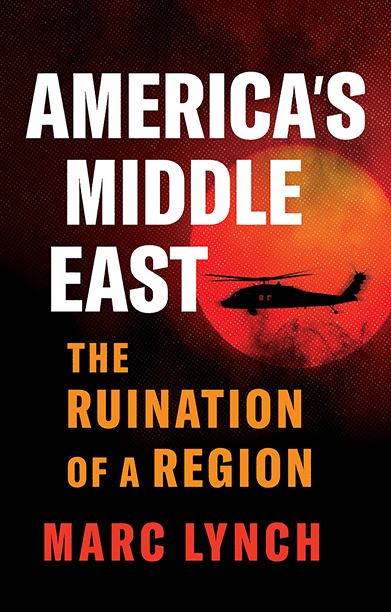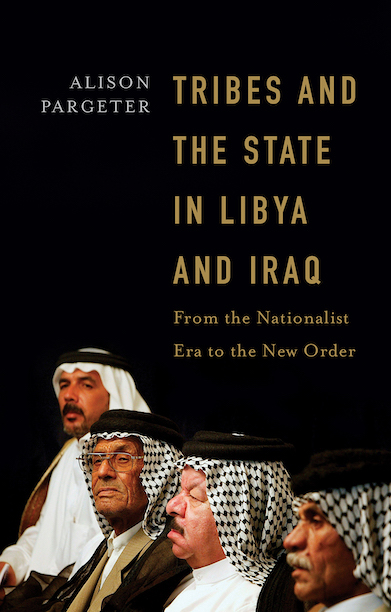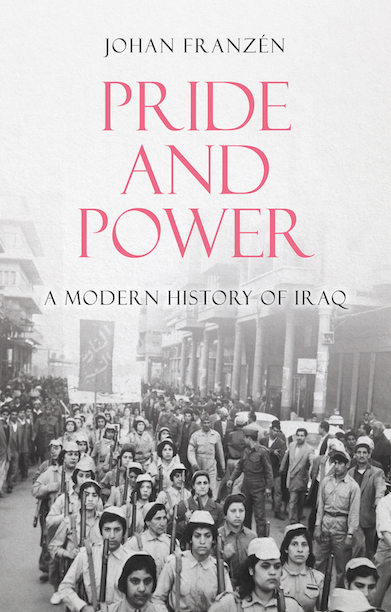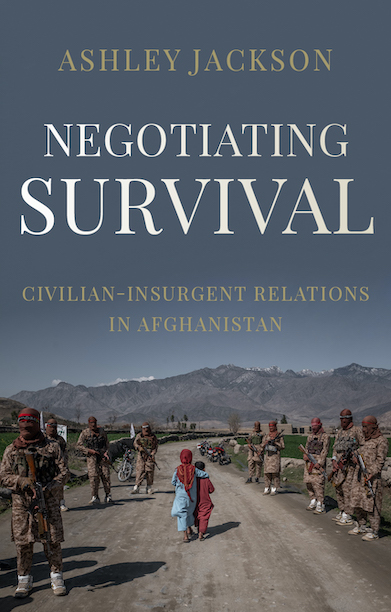Insurgency and Counter-Insurgency in Iraq
Part of the Crises in World Politics seriesDescription
More than two years after the U.S. invasion of Iraq, a loosely organised insurgency continues to target American and Coalition soldiers, as well as Iraqi security forces and civilians, with devastating results. In this sobering account of the ongoing violence, Ahmed Hashim, a specialist on Middle Eastern strategic issues and on irregular warfare, reveals the insurgents behind the widespread revolt, their motives, and their tactics. The insurgency, he shows, is not a united movement directed by a leadership with a single ideological vision. Instead, it involves former regime loyalists, Iraqis resentful of foreign occupation, foreign and domestic Islamist extremists, and elements of organised crime. These groups have cooperated with one another in the past and coordinated their attacks; but the alliance between nationalist Iraqi insurgents on the one hand and religious extremists has frayed considerably. The U.S.-led offensive to retake Fallujah in November 2004 and the success of the elections for the Iraqi National Assembly in January 2005 have led more ‘mainstream’ insurgent groups to begin thinking of reinforcing the political arm of their opposition movement and to seek political guarantees for the Sunni Arab community in the new Iraq. Hashim begins by placing the Iraqi revolt in its historical context. He next profiles the various insurgent groups, detailing their origins, aims, and operational and tactical modi operandi. He concludes with an unusually candid assessment of the successes and failures of the Coalition’s counter-insurgency campaign. Looking ahead, Hashim warns that ethnic and sectarian groups may soon be pitted against one another in what will be a fiercely contested fight over who gets what in the new Iraq. Evidence that such a conflict is already developing does not augur well for Iraq’s future stability. Both Iraq and the United States must work hard to ensure that slow but steady success over the insurgency is not overshadowed by growing ethno-sectarian animosities as various groups fight one another for the biggest slice of the political and economic pie. In place of sensational headlines, official triumphalism, and hand-wringing, Insurgency and Counter-insurgency in Iraq offers a clear-eyed analysis of the increasingly complex violence that threatens the very future of Iraq.
Reviews
‘Who are we fighting in iraq? Ahmed Hashim attempts to answer that question in his excellent Insurgency and Counter-Insurgency in Iraq. The result is probably the best book to appear so far on the U.S. occupation — a genuine insider’s account arguing that the us mission is failing and is likely doomed.’ — Washington Post
‘Ahmed Hashim is well-placed to study the Iraqi insurgents and their opponents. an American of Turkish-Egyptian origin, he is a professor at the naval War college in Newport, Rhode island, and was an adviser to the American authorities following Saddam Hussein’s fall, both in Baghdad and in hotbeds of violence such as tel afar, near the Syrian border. … his bleak appraisal … may well be the most detailed analysis yet of the insurgency and America’s efforts to squash it.’ — The Economist
‘Hashim has served three tours advising the US command in Iraq. His analysis of the battle from the frontline diverges sharply from the official line given by Time and similar publications, and by the BBC, and illustrates the deadly game of war and truth now being played in Iraq, with the latter usually coming off worse.’ — Robert Fox, Times Literary Supplement
‘The most authoritative account yet of the insurgency in Iraq. in this persuasive study, Hashim brings a clear, dispassionate analysis to bear on its component parts, the forces that keep it going and the strategies that have provoked it.’ — Charles Tripp, SOAS, author, A History of Iraq
Author(s)
Ahmed S. Hashim is Professor of War Studies, Faculty of Arts and Education, Deakin University, and Australian War College, Center for Future Defence and National Security, Canberra, ACT.
